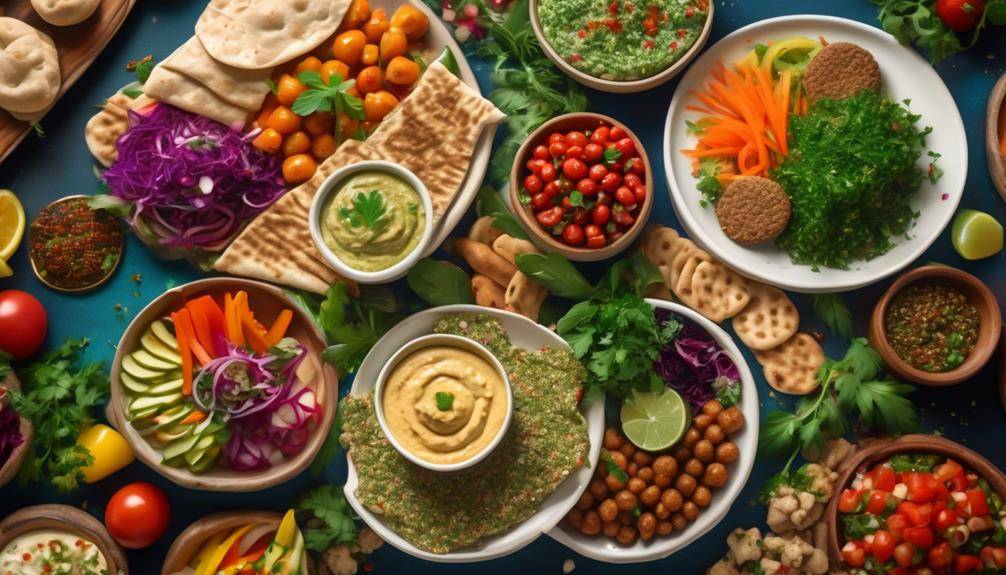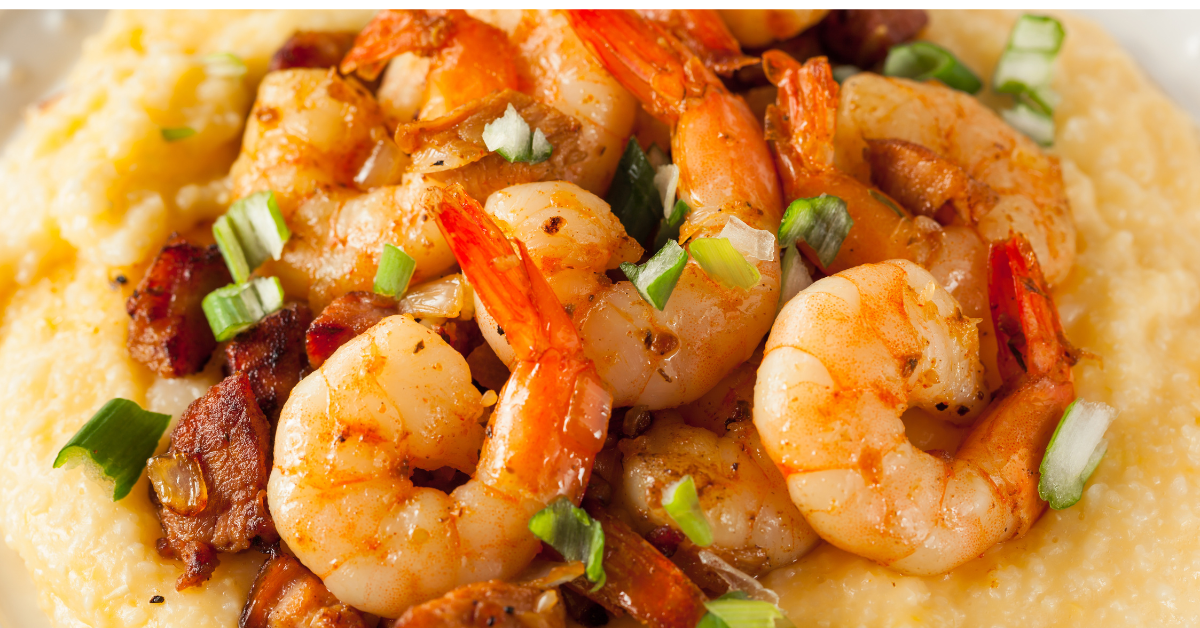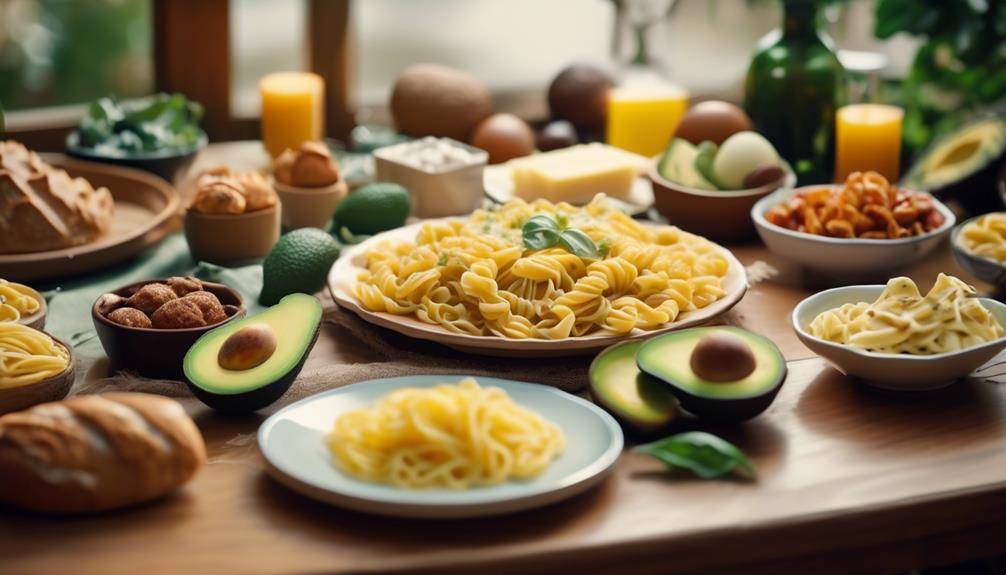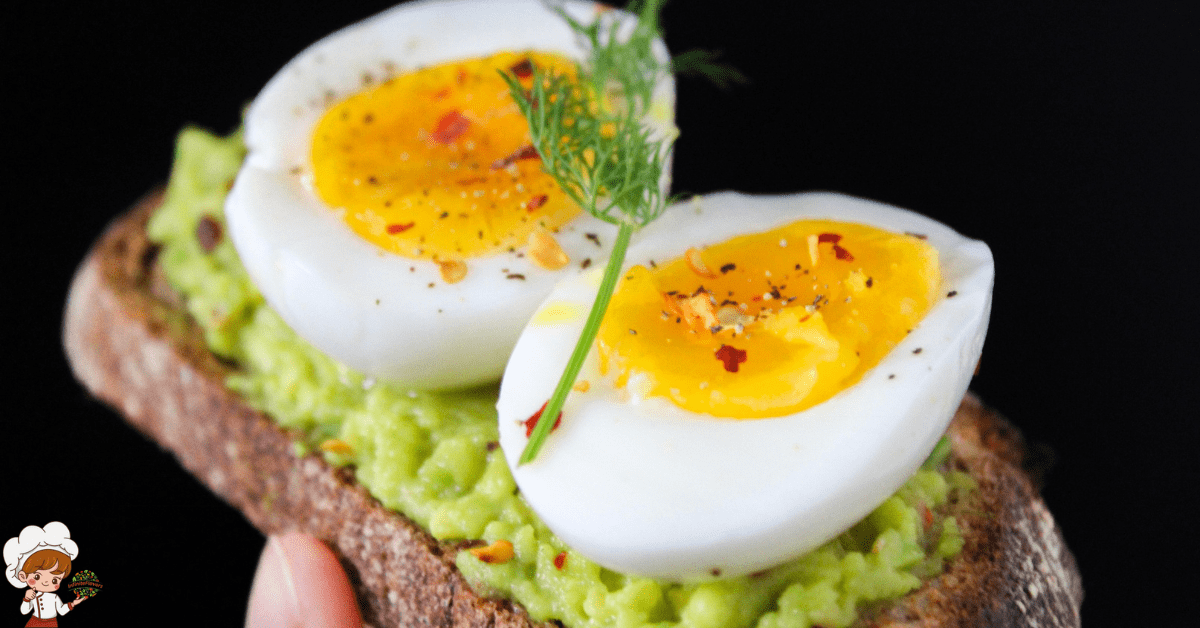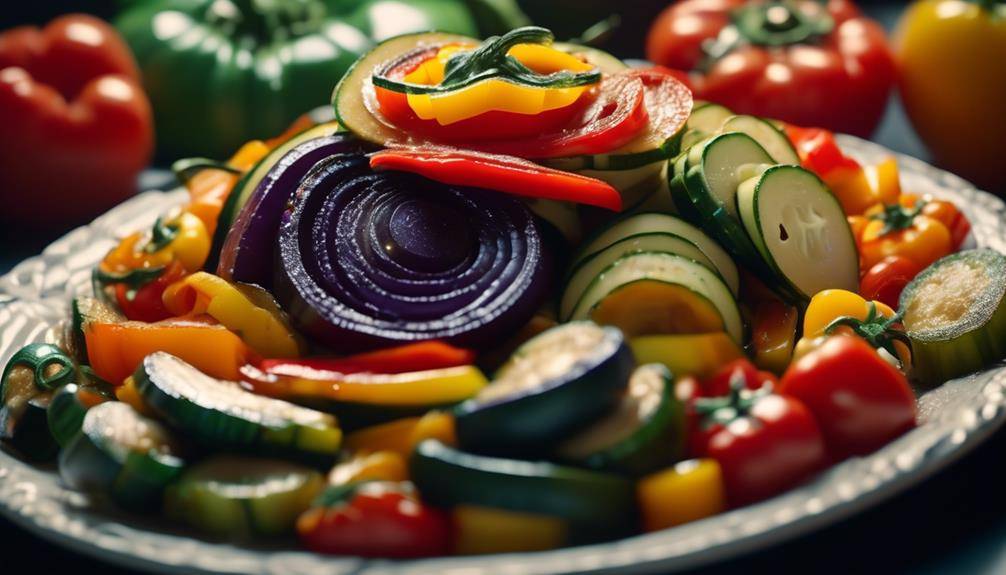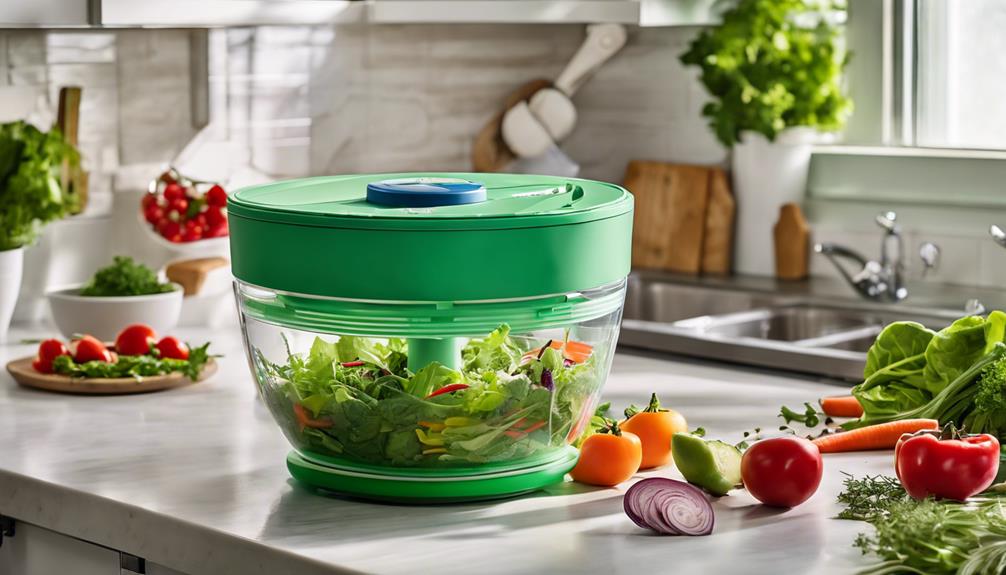How To: Essentials of Basic Cooking Skills
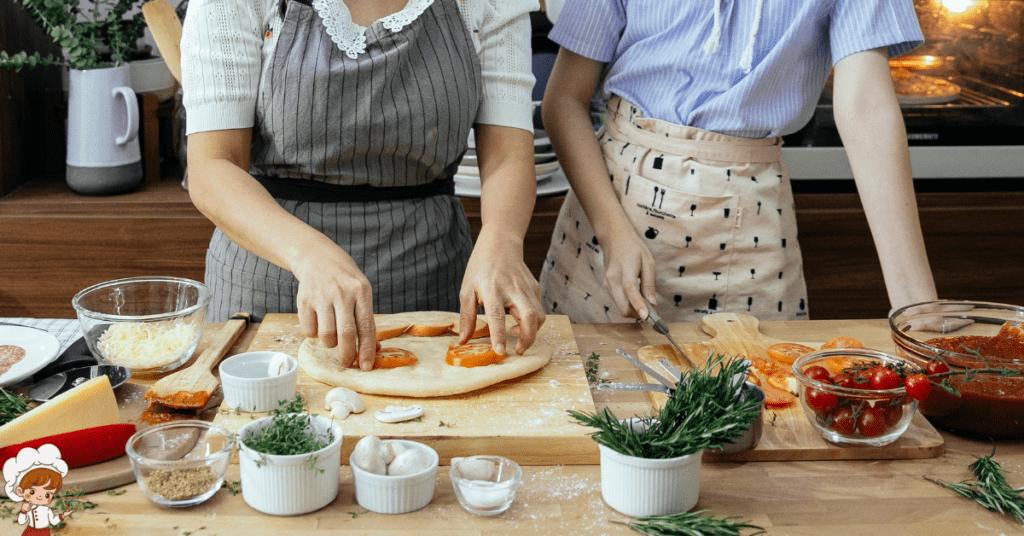
Do you dream of whipping up delicious meals with ease? Understanding the Essentials of Basic Cooking Skills is here to save the day. This guide will teach you everything you need to know to become a culinary master. From knife skills and cooking techniques to essential kitchen tools and understanding ingredients, this comprehensive resource has got you covered. Say goodbye to burnt dinners and failed recipes. With this knowledge at your fingertips, you’ll be able to confidently navigate any recipe with ease. Get ready to impress your friends and family with your newfound culinary prowess. Let’s get cooking!
Knife Skills
Mastering knife skills is crucial for anyone looking to become a proficient cook. It is not just about cutting ingredients; it is about precision, control, and safety. To achieve this, proper knife maintenance and following knife safety guidelines are essential.
Knife maintenance is an often overlooked aspect of cooking. A dull knife not only makes slicing and dicing a tedious task but also increases the risk of accidents. Regularly sharpening your knives with a sharpening stone or honing rod is important to maintain their sharpness. Additionally, storing them properly in a knife block or on a magnetic strip can prevent dulling or damage to the blades.
While knife maintenance is important, knife safety should never be overlooked. Always hold the knife firmly with a grip that feels secure but comfortable. Keep your fingers curled under and away from the blade to avoid accidental cuts. When slicing, use a cutting board with a non-slip surface to prevent the knife from slipping. And remember, never leave a knife unattended on the counter or in a sink where it can cause harm.
It is also vital to practice proper hand placement and cutting techniques to ensure safety. The claw grip, where you curl your fingers and use your knuckles as a guide, is the recommended hand position to prevent accidental cuts. Always cut away from your body and keep the knife’s blade in contact with the cutting board to maintain control.
Mastering knife skills requires patience and practice, but it is an indispensable skill for any cook. By prioritizing knife maintenance and following safety guidelines, you can enhance your culinary abilities while keeping yourself safe in the kitchen.
Cooking Techniques
Are you ready to explore the various cooking techniques that will take your culinary skills to the next level? Cooking techniques are essential in creating delicious and well-prepared meals. By mastering these techniques, you can elevate your dishes and impress your family and friends. Here are four important cooking techniques that every aspiring chef should know:
- Flavor Pairing: Understanding how different flavors work together is crucial in creating harmonious and balanced dishes. Experiment with different combinations of sweet, salty, sour, and bitter flavors to create a depth of taste in your dishes. For example, pairing sweet and spicy flavors can create a tantalizing contrast that enhances the overall taste of a dish.
- Cooking Temperature Control: Controlling the cooking temperature is vital in achieving the desired texture and doneness of your food. Whether it’s searing a steak, baking a cake, or poaching an egg, knowing how to adjust the heat correctly can make a significant difference. Invest in a good quality thermometer to ensure accuracy and precision in your cooking.
- Sautéing: Sautéing involves quickly cooking food in a small amount of oil or fat over high heat. This technique is perfect for cooking vegetables, meats, and seafood. The high heat helps retain the natural flavors and nutrients while creating a delicious caramelized exterior.
- Braising: Braising is a slow-cooking method that involves searing the food first and then simmering it in a flavorful liquid, such as broth or wine. This technique is ideal for tougher cuts of meat as the slow cooking process breaks down the collagen, resulting in tender and flavorful dishes.
Essential Kitchen Tools
To further enhance your culinary skills, it is important to have the right essential kitchen tools at your disposal. These must-have utensils and essential gadgets will not only make your cooking experience easier but also help you achieve better results in the kitchen.
One of the most essential tools in any kitchen is a good set of knives. Invest in a quality chef’s knife, paring knife, and serrated knife. These will cover all your cutting and slicing needs. Additionally, a cutting board is essential for protecting your countertop and providing a stable surface for chopping.
Another essential tool is a set of measuring cups and spoons. Accurate measurements are crucial in cooking, especially when it comes to baking. Having these tools will ensure that your recipes turn out just right every time.
A versatile tool that every kitchen should have is a good set of stainless steel pots and pans. These will allow you to cook a wide variety of dishes, from sautéing vegetables to simmering sauces. Non-stick pans are also great for easy cleanup.
Other essential gadgets include a thermometer for checking the temperature of meat and baked goods, a colander for draining pasta and vegetables, and a whisk for beating eggs and mixing ingredients.
Lastly, don’t forget about basic utensils like a spatula, tongs, and a ladle. These will come in handy for flipping, stirring, and serving your dishes.
Understanding Ingredients
- Begin by familiarizing yourself with the essential ingredients commonly used in cooking.
Understanding ingredients is crucial to becoming a skilled cook. By knowing how to use different ingredients and their characteristics, you can elevate your dishes and create a wide variety of flavors. Here are four key aspects to consider when it comes to understanding ingredients:
- Ingredient Substitution: Sometimes, you may find yourself missing a specific ingredient from a recipe. Knowing how to substitute ingredients can save the day. For example, if a recipe calls for buttermilk, you can substitute it with a mixture of milk and lemon juice or vinegar. By understanding ingredient substitutions, you can adapt recipes to your pantry’s contents or accommodate dietary restrictions.
- Understanding Flavor Profiles: Each ingredient contributes to the overall flavor profile of a dish. Some ingredients, like herbs and spices, add depth and complexity, while others, like salt and acid, bring balance. By understanding how different ingredients work together, you can create harmonious flavor combinations. For instance, pairing acidic ingredients like lemon juice with fatty foods like avocado can help cut through the richness and enhance the overall taste.
- Seasonality and Freshness: Using seasonal and fresh ingredients can significantly impact the taste of your dishes. Seasonal produce is at its peak flavor and often more affordable. Fresh ingredients, like herbs, add vibrant flavors and aromas to your cooking. Additionally, understanding how to select and store ingredients properly ensures their freshness and quality.
- Experimentation: Don’t be afraid to experiment with different ingredients. Cooking is an art, and by trying new ingredients, you can broaden your culinary horizons. Explore unfamiliar produce, spices, and herbs to discover new flavors and combinations. Remember, cooking is all about creativity and personal expression.
Recipe Reading and Following
Mastering the art of cooking begins with understanding how to read and follow recipes. Recipe reading is an essential skill that allows you to recreate delicious dishes with precision and accuracy. To become a skilled cook, it is important to familiarize yourself with the different components of a recipe and the techniques involved.
When reading a recipe, pay close attention to the list of ingredients. If you don’t have a particular ingredient on hand, don’t worry! Recipe substitutions can often be made. For example, if a recipe calls for buttermilk and you don’t have any, you can easily make a substitute by adding a tablespoon of lemon juice or vinegar to a cup of regular milk and letting it sit for a few minutes. Understanding how to substitute ingredients will help you adapt recipes to your taste and dietary needs.
Next, focus on the measuring techniques specified in the recipe. Accurate measurements are crucial for achieving consistent results. Use measuring cups and spoons for dry ingredients like flour, sugar, and spices, and use a liquid measuring cup for liquids like milk or water. When measuring flour, spoon it into the measuring cup and level it off with a knife for an accurate measurement. For liquids, make sure to pour at eye level to get the correct amount.
Following a recipe step-by-step is essential to ensure that the dish turns out as intended. Read each instruction carefully before proceeding. Take note of any specific cooking techniques or equipment required, such as sautéing, boiling, or using a specific type of pan. By following the recipe closely, you will be able to replicate the flavors and textures that the recipe creator intended.
Frequently Asked Questions: Essentials of Basic Cooking Skills
How Do I Properly Season a Dish to Enhance Its Flavor?
To properly season a dish and enhance its flavor, start by using the right amount of salt and pepper. Experiment with herbs and spices to add depth. Don’t forget flavor-enhancing ingredients like garlic, lemon juice, or soy sauce.
What Are Some Common Substitutions for Ingredients in Recipes?
When cooking with dietary restrictions, ingredient substitutions are key. Whether you’re vegan, gluten-free, or have allergies, knowing what to substitute can make all the difference. Here are some common substitutions to help you create delicious meals.
How Can I Prevent My Food From Sticking to the Pan While Cooking?
To prevent food from sticking to the pan, control the heat and make sure to properly oil the surface. You can also try using non-stick cookware or alternative cooking methods like grilling or steaming.
How Do I Know When Meat Is Cooked to the Right Temperature?
When cooking meat, it’s essential to know when it’s cooked to the right temperature. Use a meat thermometer to check the internal temperature. Follow recommended cooking times based on the type and thickness of the meat for perfect doneness.
What Are Some Tips for Meal Planning and Prepping to Save Time in the Kitchen?
When it comes to meal planning and prepping, there are some tips to save time in the kitchen. By organizing your kitchen effectively and taking advantage of the benefits of meal prepping, you can streamline your cooking process.
Conclusion
In conclusion, mastering basic cooking skills is essential for anyone looking to become a confident and proficient cook. By understanding knife skills, cooking techniques, essential kitchen tools, and the importance of understanding ingredients and recipe reading, you can elevate your culinary prowess to new heights. So, grab your apron, sharpen your knives, and get ready to embark on a delicious journey of culinary exploration. With practice and determination, you’ll soon be whipping up delectable dishes that will impress even the most discerning palates. Happy cooking!



